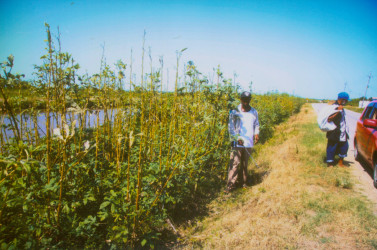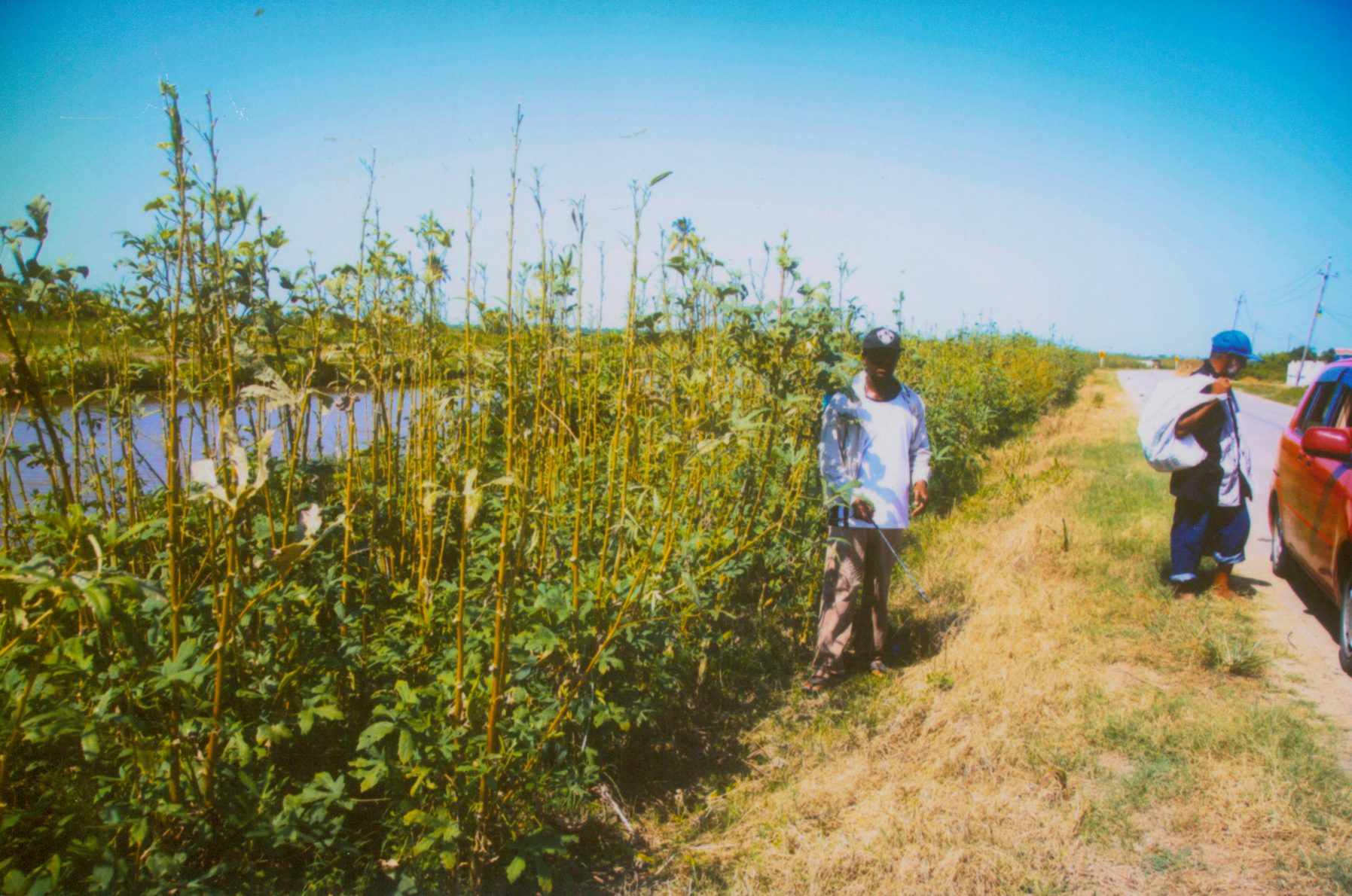You can cut the anxiety that has been generated in the Black Bush Polder area over the prevailing trials of the rice industry with a knife. More than 400 farmers in Johanna, Yakusari, Mibicuri and Lesbeholden cultivate around 17,000 acres of rice. Their concerns mirror those of their counterparts across the country’s rice-growing communities including the Essequibo coast, where this newspaper visited just two weeks ago.
Like in Essequibo, relations between farmers and millers are strained by friction over prices and by the long wait which the farmers must sometimes endure for payments.
Rambrich, a Bengal, Coren-tyne farmer who buys paddy from Black Bush farmers told Stabroek Business that he pays on time. We were unable to secure confirmation to that effect from any of the Black Bush farmers.

Late payments, Rambrich says, have to do with the fact that rice is being marketed at a snail’s pace. At the moment his silos are bloated with 1,200 tonnes of paddy. He still has some storage capacity but the risks of overstocking are considerable. It is, he says, the same with other millers.
Currently, according to Rambrich, rice sales from Guyana to Jamaica fetch US$370 per tonne compared with $US700 – 800 per tonne under the now near exhausted PetroCaribe agreement with Venezuela. The future of the sector, the Black Bush farmers say, is heavily dependent on finding new external markets and expanding traditional ones.
Landlordism has long been commonplace in the rice industry and as rice cultivation has become more profitable those farmers who rent fields have accused their landlords of gouging them. In the Black Bush Polder area leasing a 15-acre field can fetch up to $300,000. These days, Rambrich says, the farmers must pay their rents ‘up front.’
There are water problems too. Water to irrigate the rice fields of Black Bush Polder comes from the Canje Creek and accesses the fields via a conduit known as the ‘pumping trench canal.’ There is no reliable schedule for supplying water so that there is an almost continuous flow to the fields.
Overtopping from the one field to the next means that serious flooding sometimes occurs. Some rice farmers are suggesting that in order to create a simultaneous demand for water in the rice fields that sowing take place at the same time.
Flooding often wreaks havoc with the efforts of the Black Bush families

